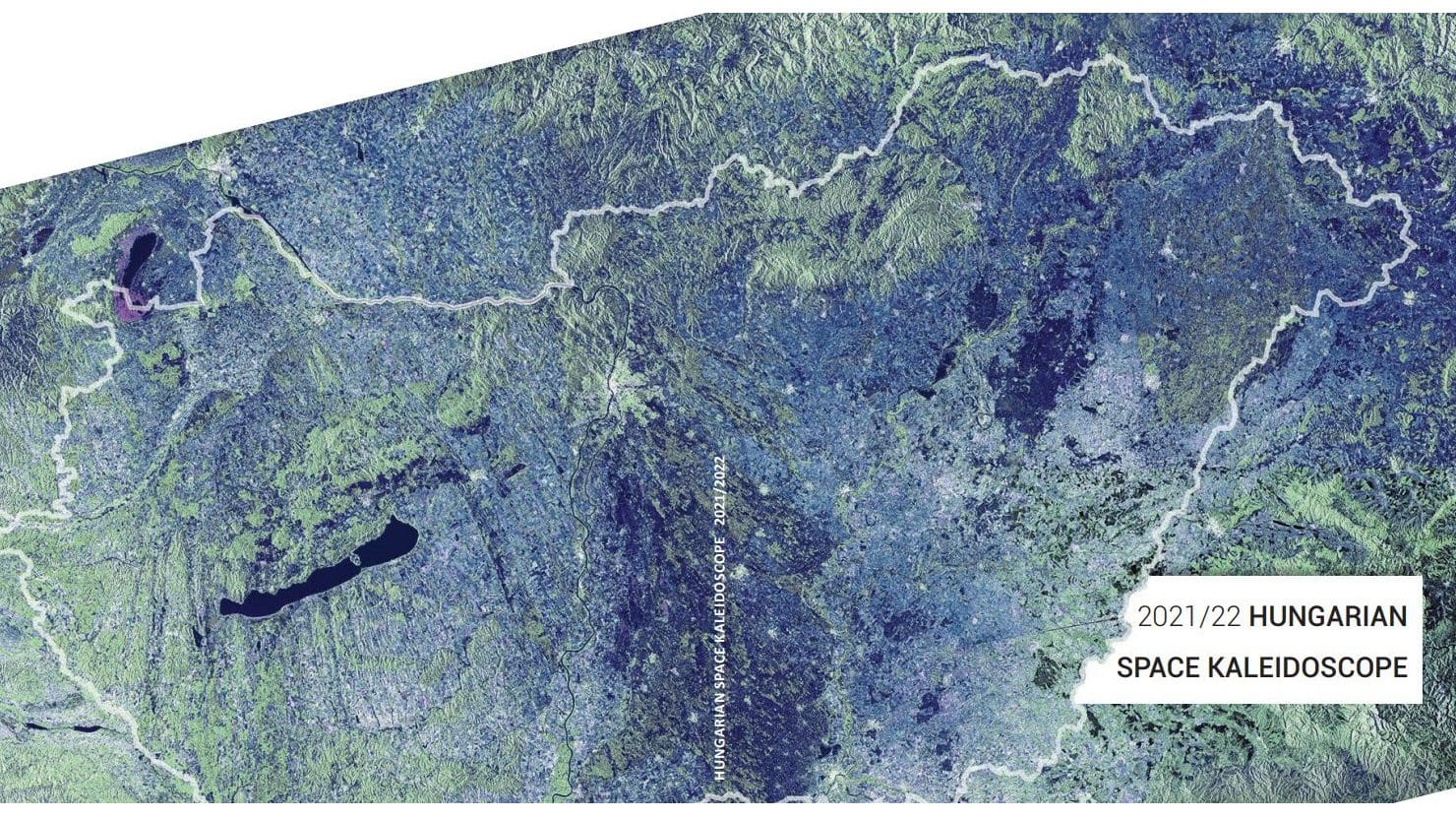In 2023, Hungarian space research marks the 77th year of its journey, celebrating a legacy that began immediately after the Second World War. Traditionally, the beginning of the Hungarian space research is associated with Hungarian physicist Zoltán Bay. He is known for conducting the famous lunar radar experiment, during which the Hungarian scientist managed to measure the Earth-Lunar distance using radio echo which glanced off from the Moon’s surface and returned to Earth.
Thus, the glorious history of Hungarian space effort began then, which culminated in Hungary becoming the 7th nation in the world to send an astronaut into space
—read more about other important Hungarian milestones in space exploration in our article.
Even though there was a notable pause in the development of the national space industry right after the dissolution of the socialist block during the turbulent ’90s and the first decade of the century, today, as we have already pointed out in another article dedicated to Hungarian space strategy, the Hungarian space industry is rapidly advancing forward. As Minister of Foreign Affairs and Trade Péter Szijjártó said:
‘To some at first glance, this may seem like science fiction, but in reality, Hungary has a much bigger role to play in space research than many of us would think’.
What is even more interesting is that Hungary’s future success in the realm of outer space can be achieved not merely by governmental efforts, but also by numerous privately owned firms that have appeared in the country over the last couple of years.
While they are not technological giants like world-famous SpaceX or Virgin Galactic, they are nonetheless significant assets that have full potential to boost the already existing nation’s strong expertise in space research, and in its quest to explore the cosmic frontier. The sole prerequisite is that their capabilities are applied appropriately.
One of the most important sources of information about the Hungarian private space industry network is the Hungarian Space Kaleidoscope report, published by the Hungarian Astronautical Society (MANT) with the support of the Ministry of Foreign Affairs and Trade (KKM). This report provides an aggregation of information and references for foreign and domestic actors interested in collaborating with the Hungarian private space exploration industry.
The paper’s key focus lies in listing Hungarian private space companies with brief descriptions about them and their projects,
but the authors also dedicated some effort to mention the nation’s scientific institutions and to analyse the overall expertise level of the entire Hungarian space exploration scene. For entrepreneurs engaged within the sector, the report also includes contact information for Hungarian space companies, facilitating potential business collaborations.
The article would be incomplete without mentioning Hungarian business enterprises engaged in space activities. Therefore, let’s highlight a selection of companies from the Space Kaleidoscope that Hungarian Conservative found particularly interesting, along with brief descriptions of each. The list is far from being comprehensive, as there are many other outstanding Hungarian space businesses, so we highly recommend our readers to get acquainted with the report yourself.
Admatis Ltd. in Miskolc participates in managing space industry-related projects, including such phases as mechanical and thermal design and analysis, as well as manufacturing and test stages. Its main expertise lies in the hardware design for satellites, including insulation and structural parts, among many others. The company’s prowess in this realm is recognized by its contribution to many projects, including European Space Agency’s Sentinel-2 satellite mission.
Another notable example is Borsodi Műhely Kft. in Győr. Borsodi Műhely Kft. is a family business present in many other sectors of the economy, such as the automotive industry, military industry, healthcare, food industry, and electronics. With regard to its activities in the aerospace industry, it has the capability of providing services related to maintenance, engine tooling, ground support equipment, tool repair, and heat treatment.
Szakmai nap, a duális képzés keretében
Szakmai napot tartottak a Borsodi Műhely győri telephelyén, ami a duális tanulóképzésről szólt és többek között üzembejárást is beiktattak a programba. A szakmai megbeszélésen a Borsodi szakoktatóin kívül részt vett a Megyei Kereskedelmi és Iparkamara duális képzéssel foglalkozó megbízott vezetője, illetve egy szombathelyi és egy pécsi cég oktatás-vezetője és szakoktatója is.
Also interesting is the example of Innostudio Inc., the repertoire of which is the development of pharmaceutical and chemical technologies for space applications. Among the many things the firm participates in, its expertise covers the creation of nanotechnologies for space plant production, as well as extracting resources from other celestial bodies. The organization’s philosophy and central mission revolve around pioneering the research and the creation of innovative technologies, with the overarching goal of ensuring sustainability both on Earth and for humans venturing into space.
The Hungarian government has recently dedicated significant attention to space activities, reviving the old tradition of Hungary being a nation with a strong presence in outer space.
However, private business is actively entering the game as well, and governmental bodies such as the American NASA recognize the private sector’s strong cost-cutting and technology-refining abilities by outsourcing many of its tasks to those companies. If it were to collaborate with the Hungarian domestic space sector, the Hungarian government has the full potential to become a solid player in the new space race, improving the well-being of its citizens and Hungary’s international reputation.







